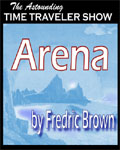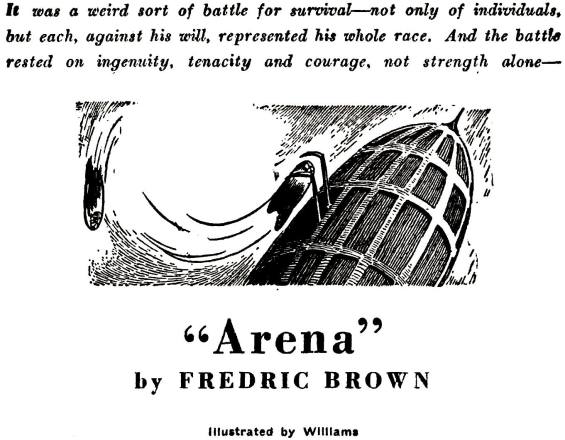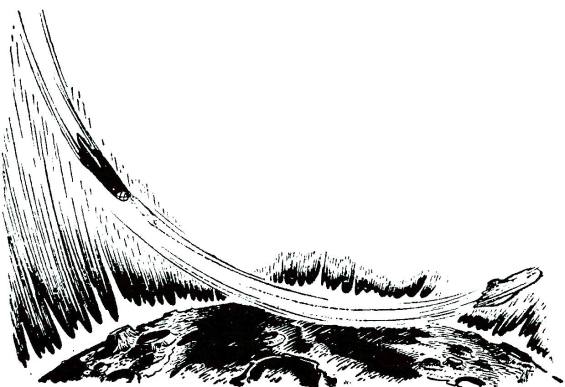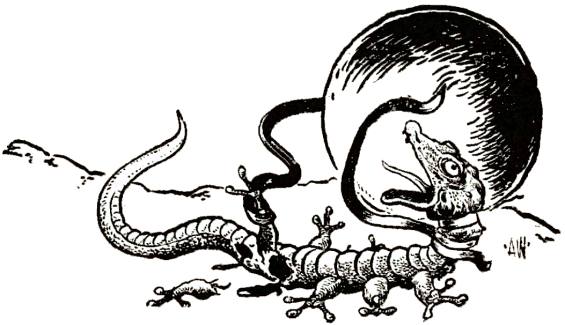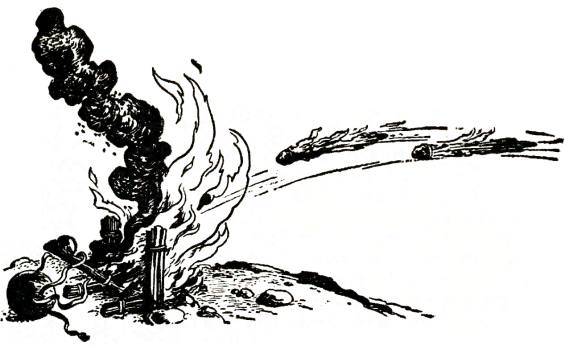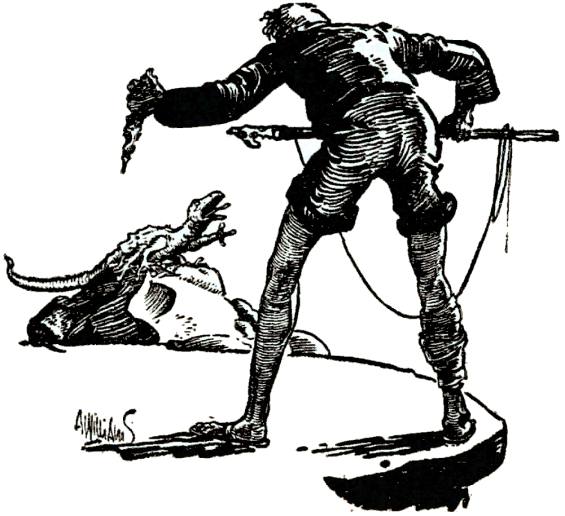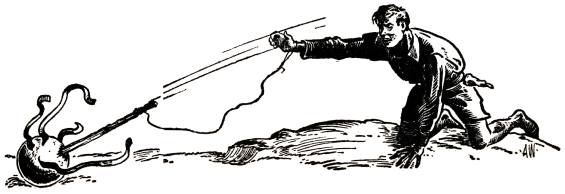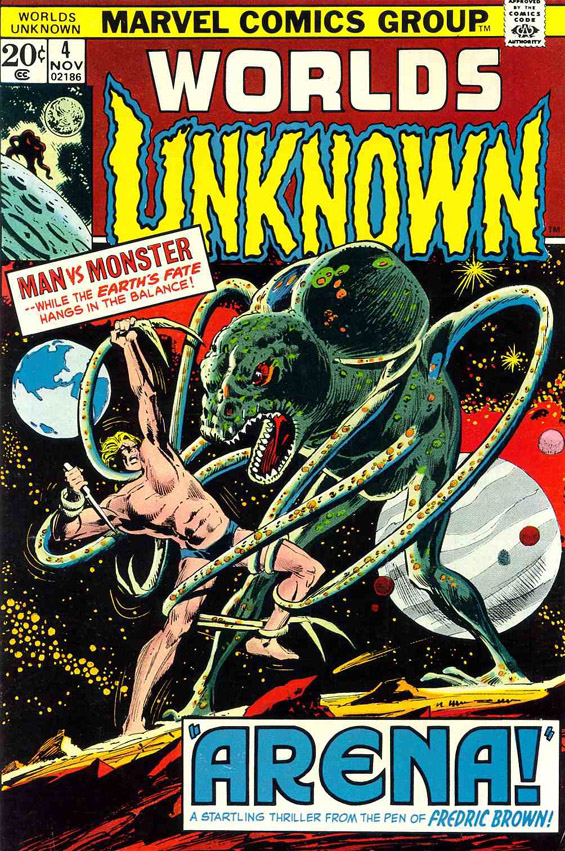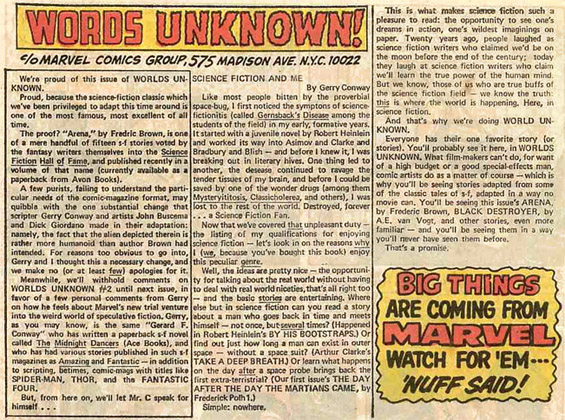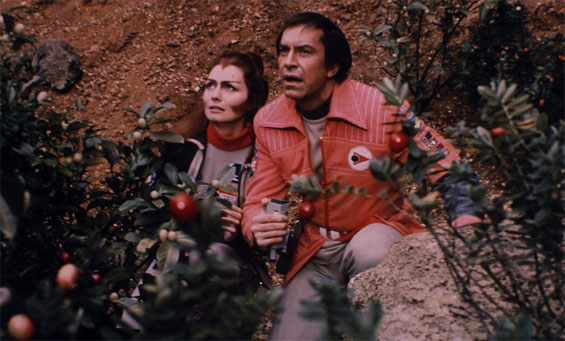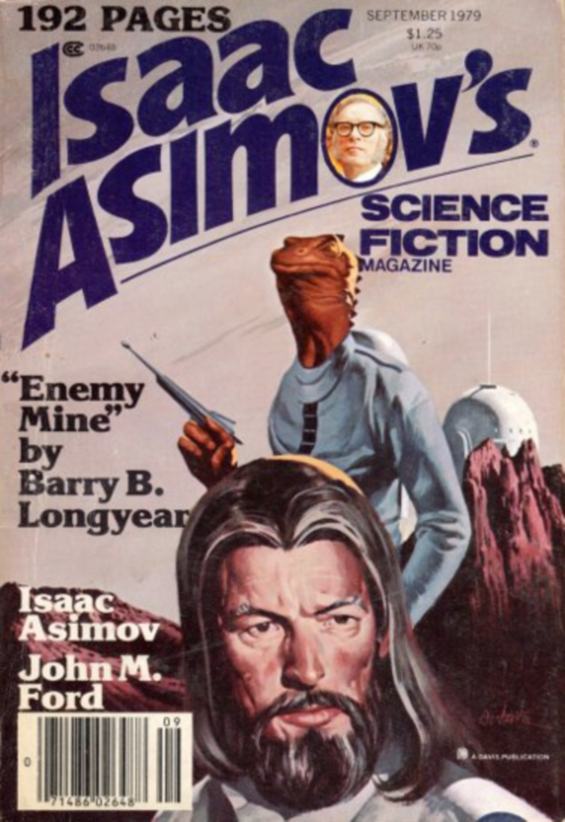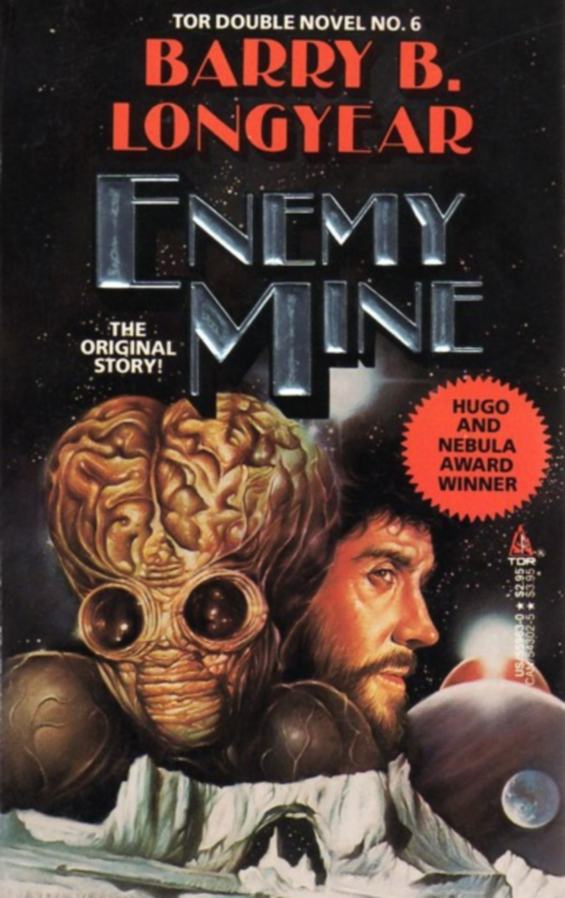
 The SFFaudio Podcast #103 – Scott, Jesse, Eric S. Rabkin and Luke Burrage talk about FOOD in Science Fiction and Fantasy. It is rather unpleasantly like being drunk.
The SFFaudio Podcast #103 – Scott, Jesse, Eric S. Rabkin and Luke Burrage talk about FOOD in Science Fiction and Fantasy. It is rather unpleasantly like being drunk.
Talked about on today’s show:
Luke’s got a twelve hour hunger, fairy tales, Fantasy, food sharing is coming to know the alien, what food is served in a Canadian restaurant?, Kwakiutl vs. Kwakwaka’wakw, pemmican, voyageurs, THE YELLOW PERIL podcast (The SFFaudio Podcast #051), Frankenstein by Mary Shelley, Frankenstein’s creation was a vegetarian, Paradise Lost, Genesis, Cain vs. Abel, Eifelheim by Michael Flynn, the three stages of eating: veggies -> meat -> people, aliens, crazy vs. odd, inedia (fasting), breatharianism, Scott Pilgrim, Scott Pilgrim Vs. The World, inspired by spirits, Neuromancer, communion, puns, Foods of the Gods: Eating And The Eaten In Fantasy And Science Fiction (Proceedings Of The J. Lloyd Eaton Conference On Science Fiction And Fantasy Lite) edited by Eric S. Rabkin, Gary Westfahl and George Edgar Slusser, more puns, The Futurological Congress by Stanisław Lem, consuming books, The Divine Comedy by Dante Alighieri, Michael Kandel, The War Of The Worlds by H.G. Wells, evolution and food, food in pill form, Tang, Firefly, Science Fiction: prediction of the future vs. sign of the future, jetpacks, capsulized food is symbolic, lembas is super-power bread, energy drinks, food as a representation of our relationships with our bodies, The Invisible Man by H.G. Wells, yet more puns, The Hunger Games by Suzanne Collins, food and pretty dresses, baking and bread have deep roots, Voyage To The Moon by Cyrano de Bergerac, no one ever sees a baker eating, food imagery, the centrality of bread in SFF only matches that of religion, the bread yes – the blood no, Osiris, Egypt, Greece, The Hitchhiker’s Guide To The Galaxy by Douglas Adams, The Restaurant At The End Of The Universe, List of races and species in The Hitchhiker’s Guide to the Galaxy, the babel fish, “it’s not the babel worm”, fish as a symbol, Pythagoras, professor smackdown, Tower Of Babel, food and sexuality, urban romance, Eat Prey Love, “man does not live by bread alone” vs. “forbidden fruit”, bread as technology, breadfruit, the garden of Eden, the tree of knowledge vs. the tree of immortality vs. the rubber tree, Trantor, Isaac Asimov’s Foundation, Coruscant, Star Wars, Sam Parkhill, The Off Season by Ray Bradbury, The Martian Chronicles, the best hot dog stand on Mars, The New Colossus by Emma Lazarus, the national food of America is the hot dog, the hot dog is the symbol of America, Manhattan, “hot dog stands all the way down”, meat paste, man as food, To Serve Man by Damon Knight, Alien, The Logic Of Fantasy by John Huntington, cannibalism, The Time Machine by H.G. Wells, Galápagos by Kurt Vonnegut, The Genocides by Thomas M. Disch, The Screwfly Solution by James Triptree Jr., Beyond Lies The Wub by Philip K. Dick, further punning, vat grown meat, breeding animals to be less intelligent, a very meaty topic, Caviar by Theodore Sturgeon, vegetarianism, Fallen Dragon by Peter F. Hamilton, Luke is on the wrong side of meat history, being as unnatural as possible is what makes us human, a continuing journey towards humanity (marching on our stomachs?), social animals, mothers make food for you – witches make food of you, choosing not to eat meat vs. choosing to be monogamous, dolphin eating habits (are they porpoiseful eaters?), eating dolphin is out of line (for Luke), exploring the possibilities of empathy, Do Androids Dream Of Electric Sheep? by Philip K. Dick, empathy vs. compassion, Technovelgy.com’s entry on food, an overly inclusive notion of what constitutes invention, CBC Spark, visiscreens and visiplates, Ralph 124C 41+ by Hugo Gernsback, Minding Tomorrow by Luke Burrage, Technovelgy needs more wiki, Wikipedia is endlessly useful, automated restaurant, The Food Of The Gods by H.G. Wells, food has functions beyond just sustaining our bodies, George Birdseye, Pan Galactic Gargle Blaster, coffee, sharing meals via Skype.
Posted by Jesse Willis



